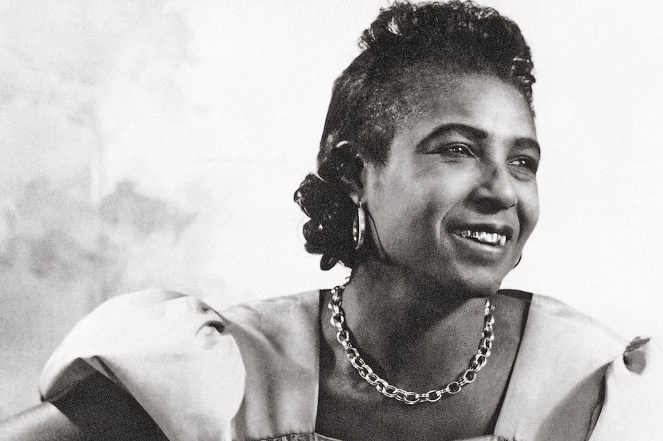
Women’s Blues: Memphis Minnie, Part 2
In this concluding post, Julia Simon reads Memphis Minnie’s lyrics and probes why she is, seemingly, a self-consciously anomalous figure in the history of the blues.
There is no historical or geographical limit on what can be covered. There is no restriction on the style or genre of song or singing.
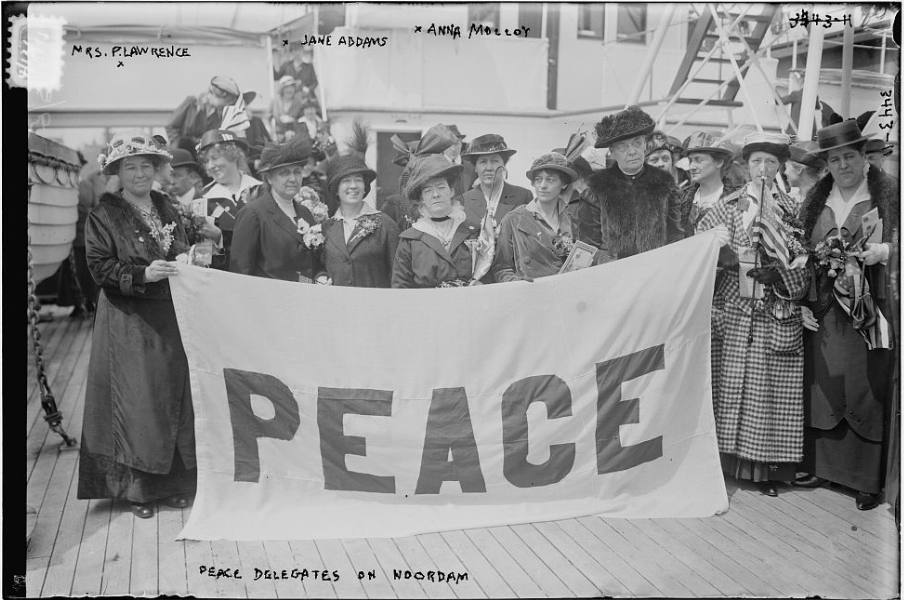
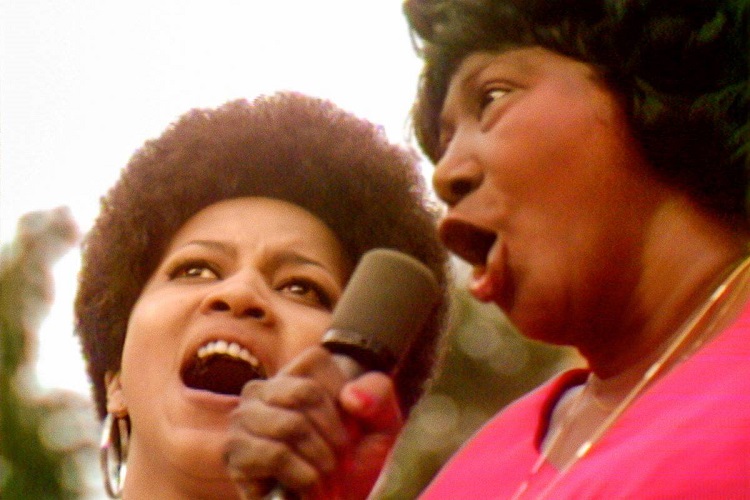

In this concluding post, Julia Simon reads Memphis Minnie’s lyrics and probes why she is, seemingly, a self-consciously anomalous figure in the history of the blues.
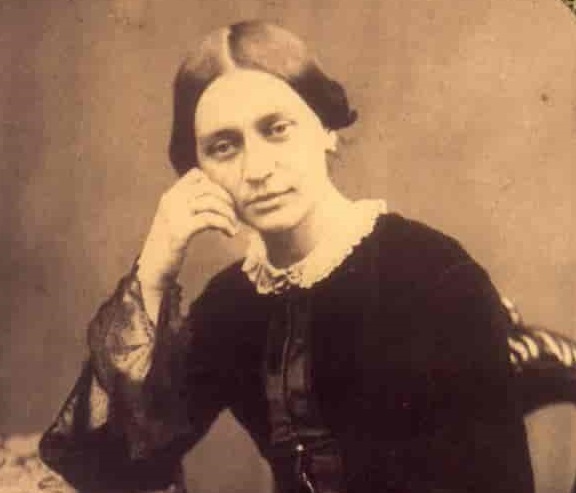


Five friends return to discuss interpreting and programming Schumann’s Lieder, and to suggest that they encourage us to listen to songs in new ways.
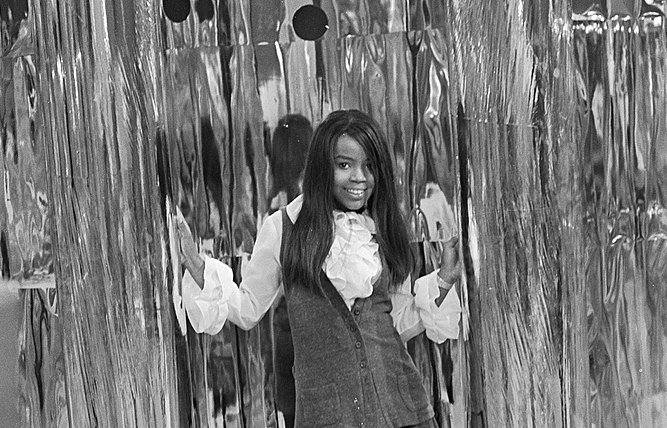

Alexandra Apolloni tracks the turns of California-born P. P. Arnold’s British career, from a collaborator sought after for her remarkable voice to overlooked soloist to survivor.



Joe Davies organized this colloquy with Harald Krebs, Stephen Rodgers, Susan Wollenberg, and Susan Youens on the expressive worlds of Clara Schumann’s songs.
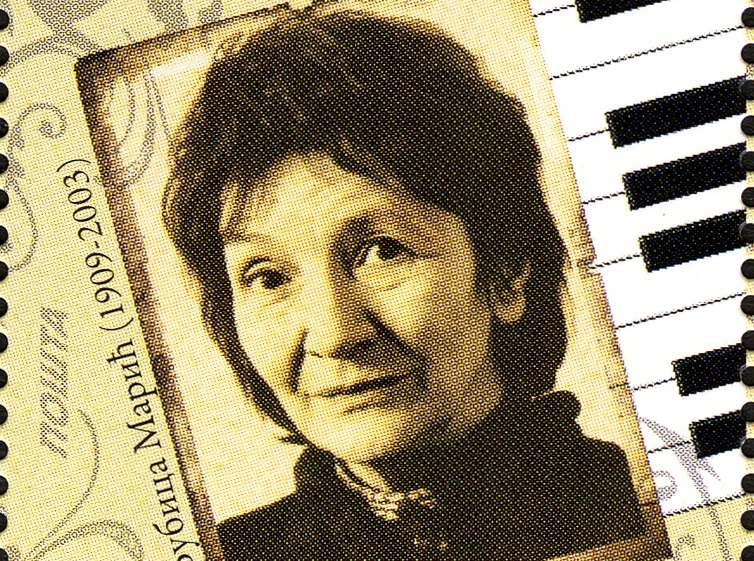

The dramatic monologue “The Enchantress” was one of several works by Ljubica Marić celebrated in art and music at an event curated by pianist Jasmina Raković.



In this first of two posts, Julia Simon examines the unheralded achievements, images, and wide-ranging guitar techniques of Memphis Minnie (Lizzie Douglas).
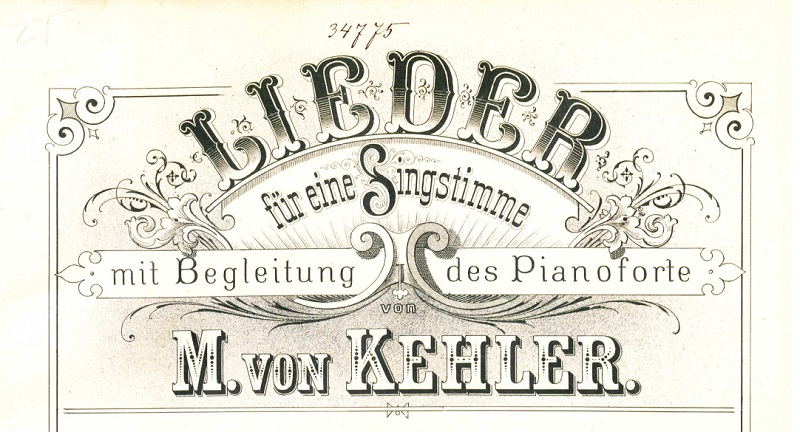

Troves of German Lieder composed by women await their first performances. Here is one composer whose songs have recently been recorded for the first time.
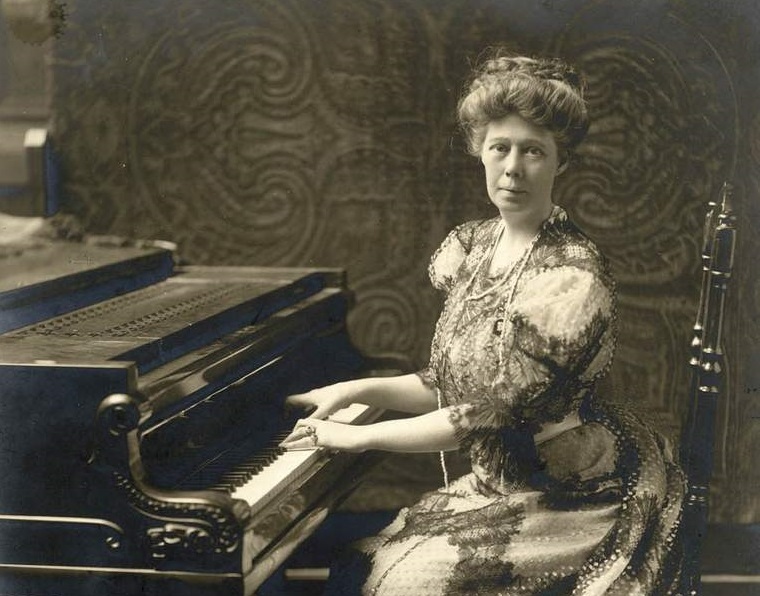

In the annals of songs that have been banned in the United States, no one would expect to find one of Carrie Jacobs-Bond’s songs.
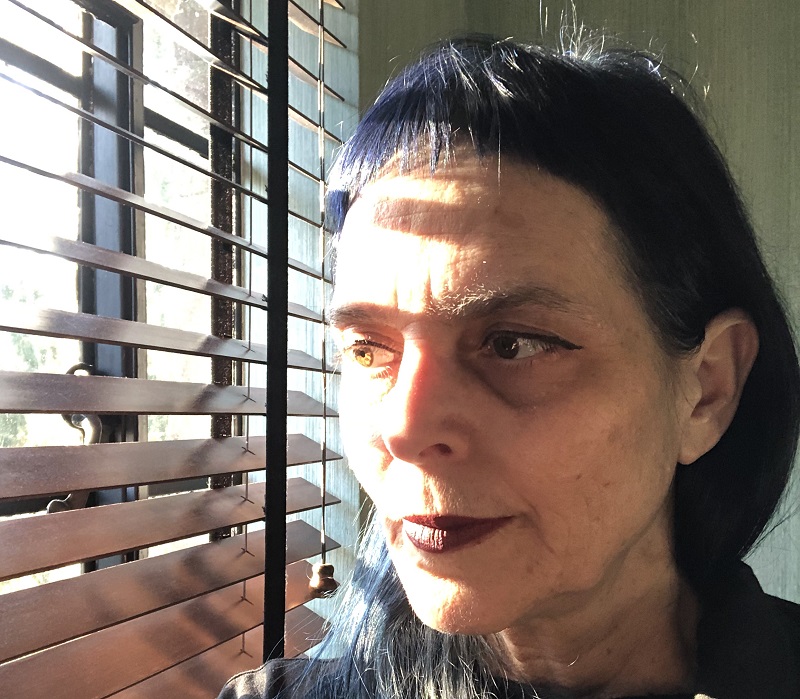

Joy H. Calico confronts the musical and – in our pandemic times – the emotional implications of breathing and gasping in recent compositions, focusing on Chaya Czernowin.
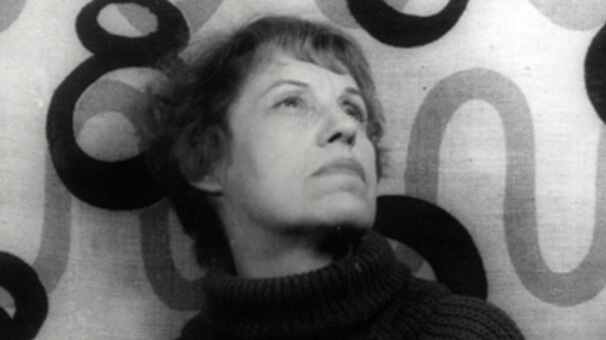

Lenya’s voice, said to have combined “delicate sweetness and disdainful impassiveness,” evolved over 40 years. Stephen Hinton tracks this evolution through recordings she made of “Surabaya-Johnny.”